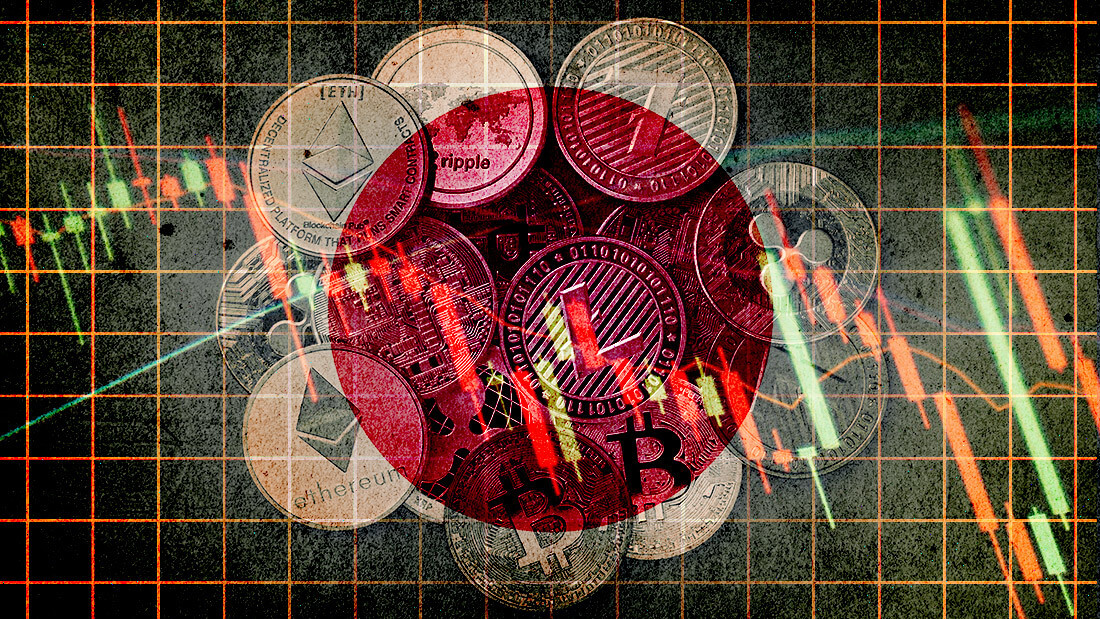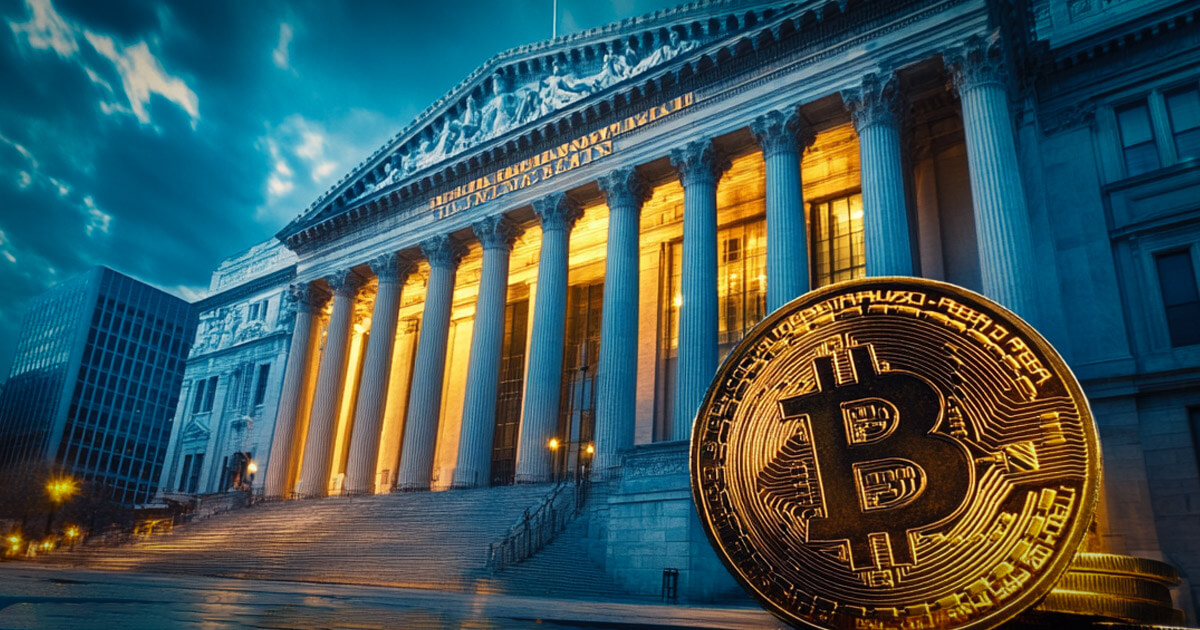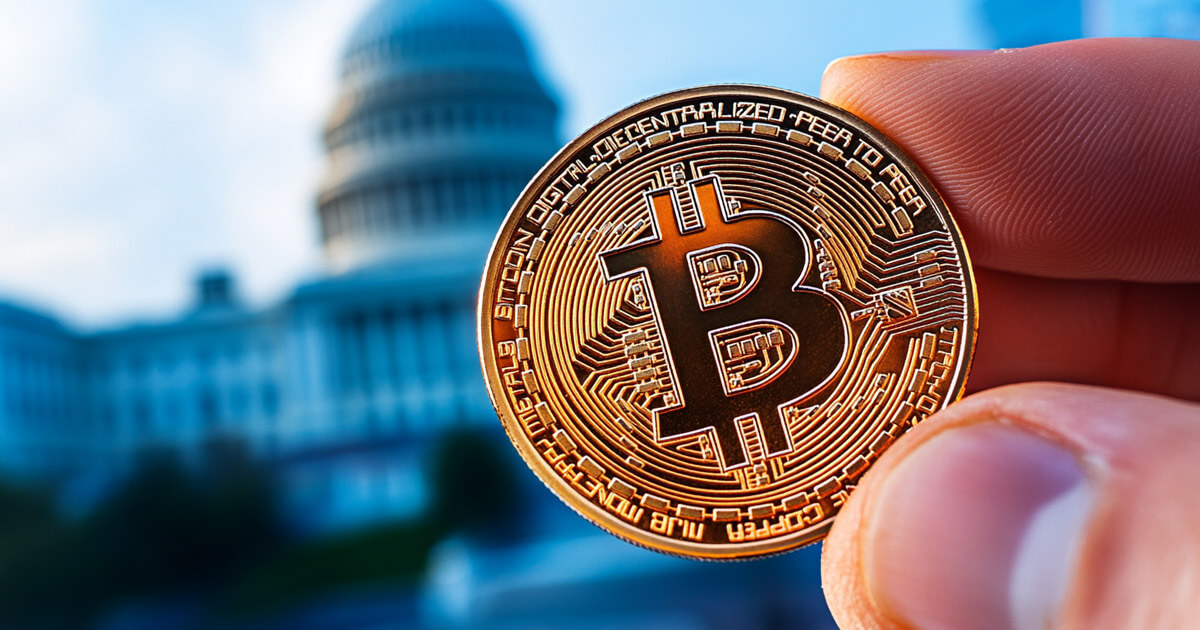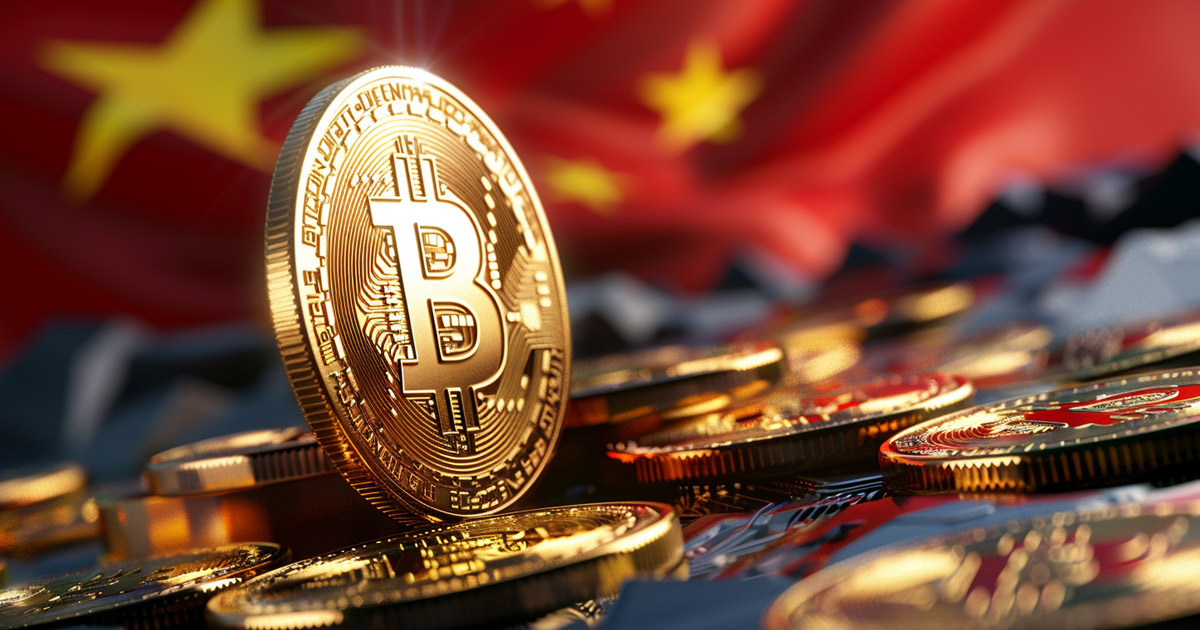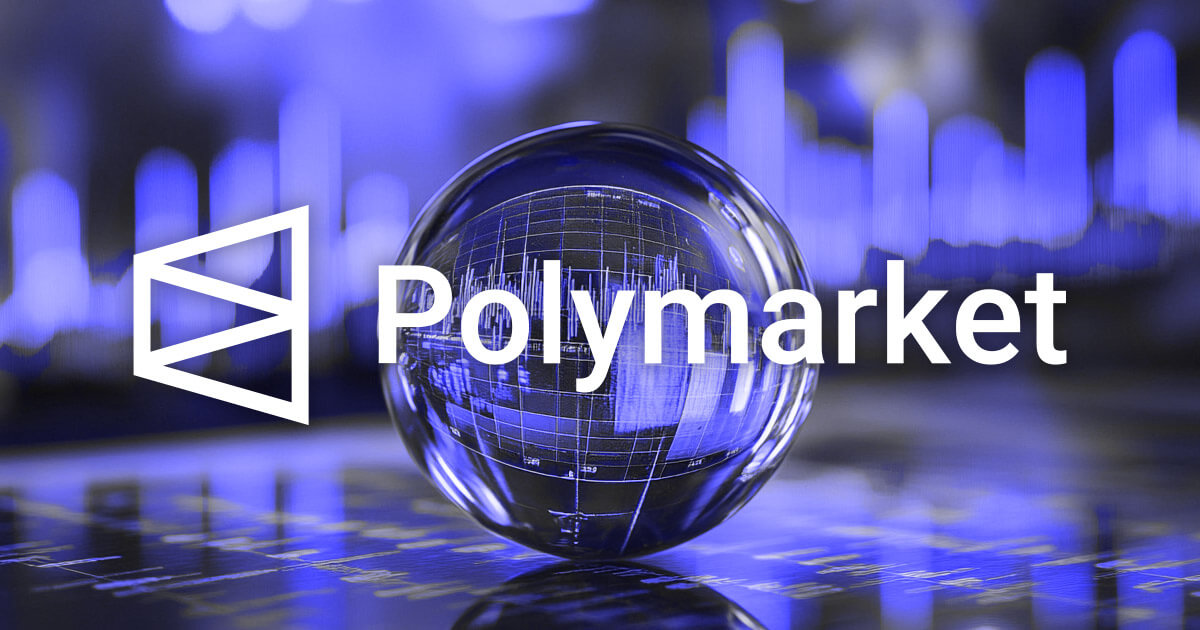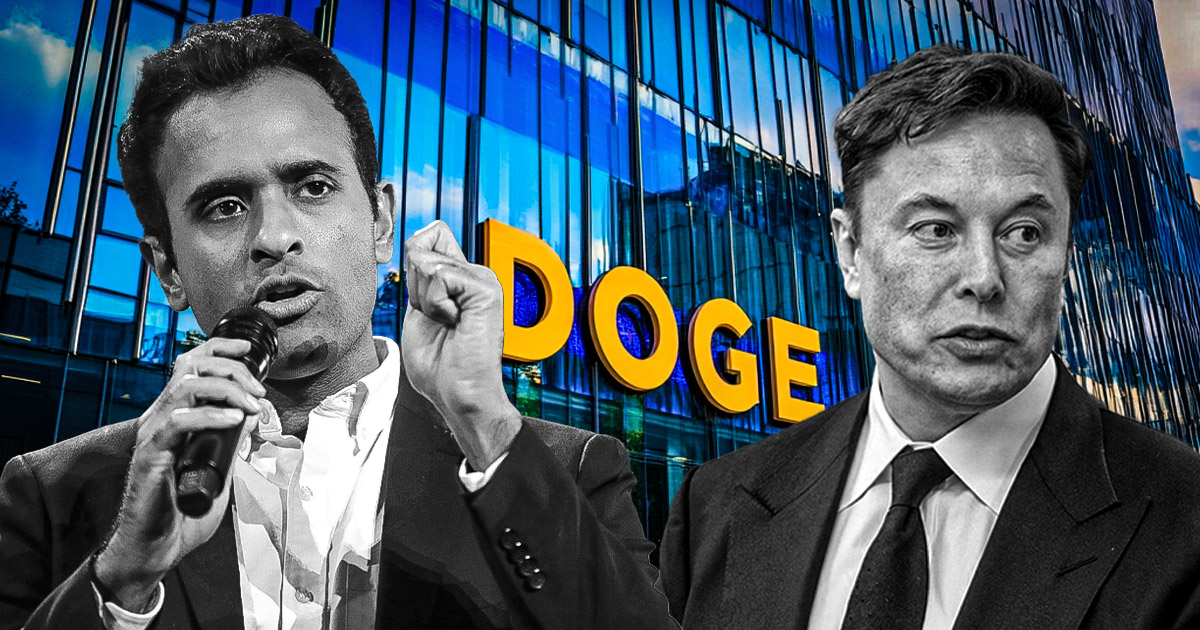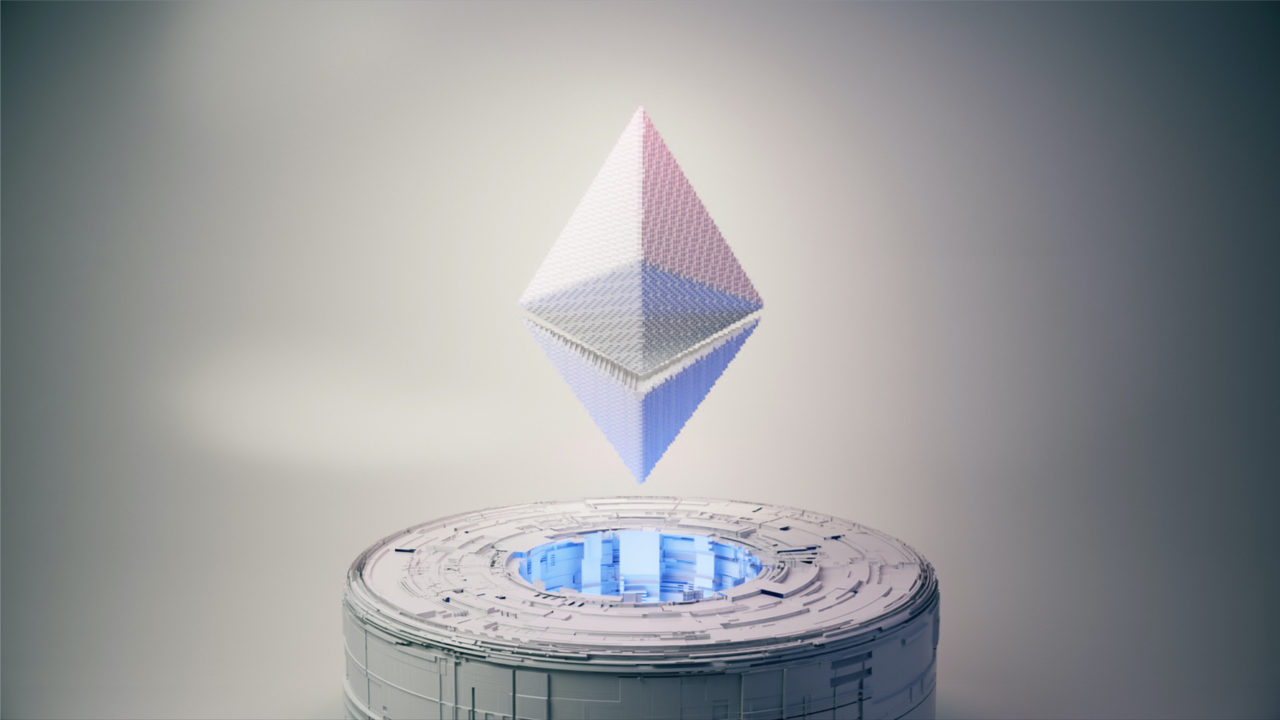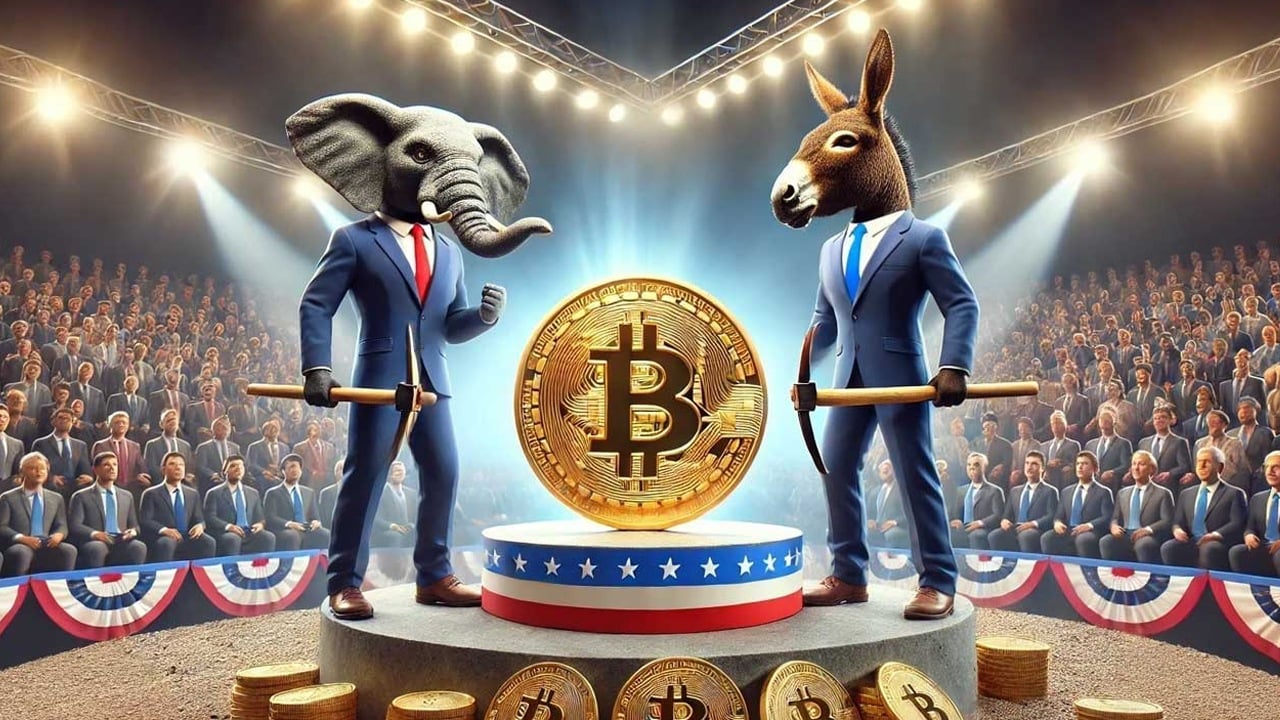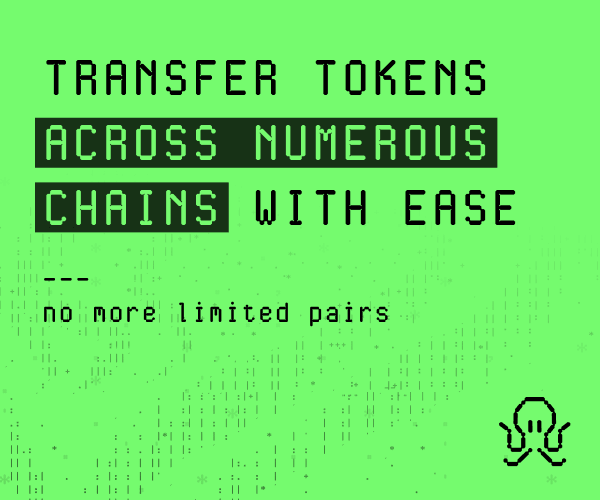
The world applied heavy sanctions against Russia in response to its invasion of Ukraine, and the Russian economy had taken a hit. However, the world leaders seem to think it is not enough.
G7 ganging up
On the 11th of March, the United States, European Union, and other Group of Seven (G7) allies jointly decided to further escalate their economic pressure on Russia to increase the punishment rate.
The measures announced by the EU, the U.S., and other G7 members include:
- Joint efforts from all countries to end Moscow’s high trade traffic allow for banning or imposing heavy tariffs on Russian goods.
- Unified banning of exporting luxury goods to Russia.
- The EU prohibits importing iron and steel sector goods from Russia and efforts to suspend Russia’s membership rights of leading multilateral institutions. These institutions also include the IMF the World Bank, and the efforts imply a crackdown on Russia’s use of crypto assets.
- The U.S.’ ban on imports of Russian seafood, vodka and diamonds, and a ban on luxury exports to Russia and its ally Belarus.
- Efforts from the U.S. Congress to pass legislation to revoke Russia’s trade status.
- The U.S. applied sanctions on more Russian oligarchs. These sanctions targeted the members of the lower house of parliament, 12 members of the Duma, family members of Kremlin spokesman Dmitry Peskov and the Russia-based VTB Bank’s board members.
- Great Britain also imposed sanctions on 386 members of the Duma and banned the export of luxury goods to Russia.
- All countries also agreed on imposing costs on illicit Russian actors who rely on digital assets to enhance and transfer their wealth.
The U.S. President Biden stressed the importance of acting together and said:
“Doing it in unison with other nations that make up half of the global economy will be another crushing blow to the Russian economy that’s already suffering very badly from our sanctions.”
Japan orders exchanges to comply with G7’s sanctions
As soon as the economic sanctions were applied, world leaders were concerned that cryptocurrencies were bypassed by Russians. As a result, many countries restricted Russian IPs’ crypto usage, and Japan also announced that they would be taking preventative measures soon.
The recent G7 meeting motivated Japan to apply precautions finally. A joint statement from the Financial Services Agency (FSA) and the Ministry of Finance announced that the Japanese government would strengthen measures against transferring funds using crypto assets.
On Monday, Japanese authorities ordered all crypto exchanges not to process any transactions that fall under asset-freeze sanctions applied against Russia and Belarus. Agreeing with President Biden’s emphasis on unification, a senior official at Japan’s Financial Services Agency said:
“We decided to make an announcement to keep the G7 momentum alive. The sooner the better.”
Japan also took an extra step in increasing the application of the sanctions and applied penalties to unauthorized crypto payments to targets under sanctions.
The penalties vary from up to three years in prison or 1 million yen, which is worth $8,487.52
Get your daily recap of Bitcoin, DeFi, NFT and Web3 news from CryptoSlate
It’s free and you can unsubscribe anytime.
Get an Edge on the Crypto Market 👇
Become a member of CryptoSlate Edge and access our exclusive Discord community, more exclusive content and analysis.
On-chain analysis
Price snapshots
More context
Join now for $19/month Explore all benefits
Credit: Source link

